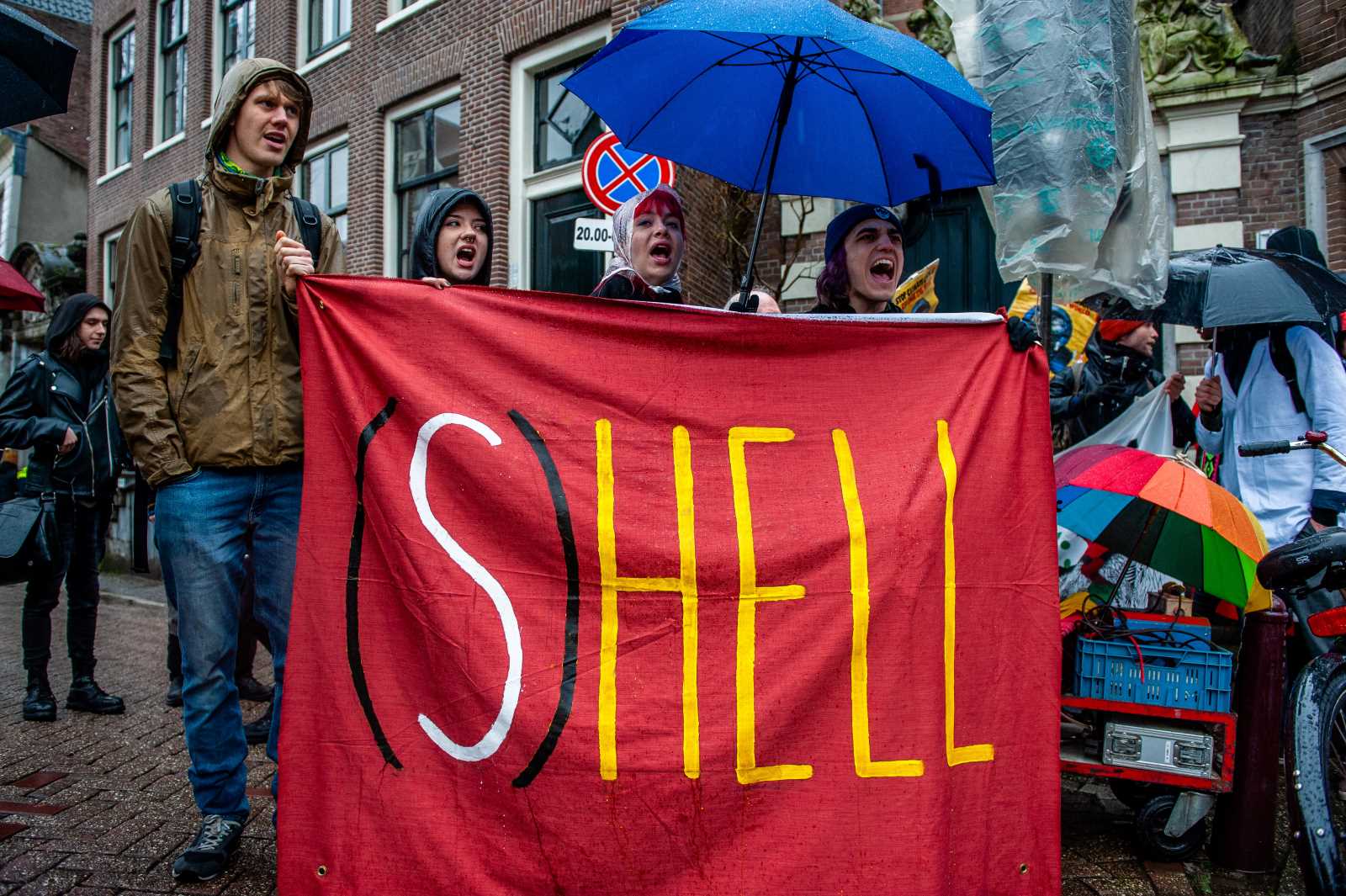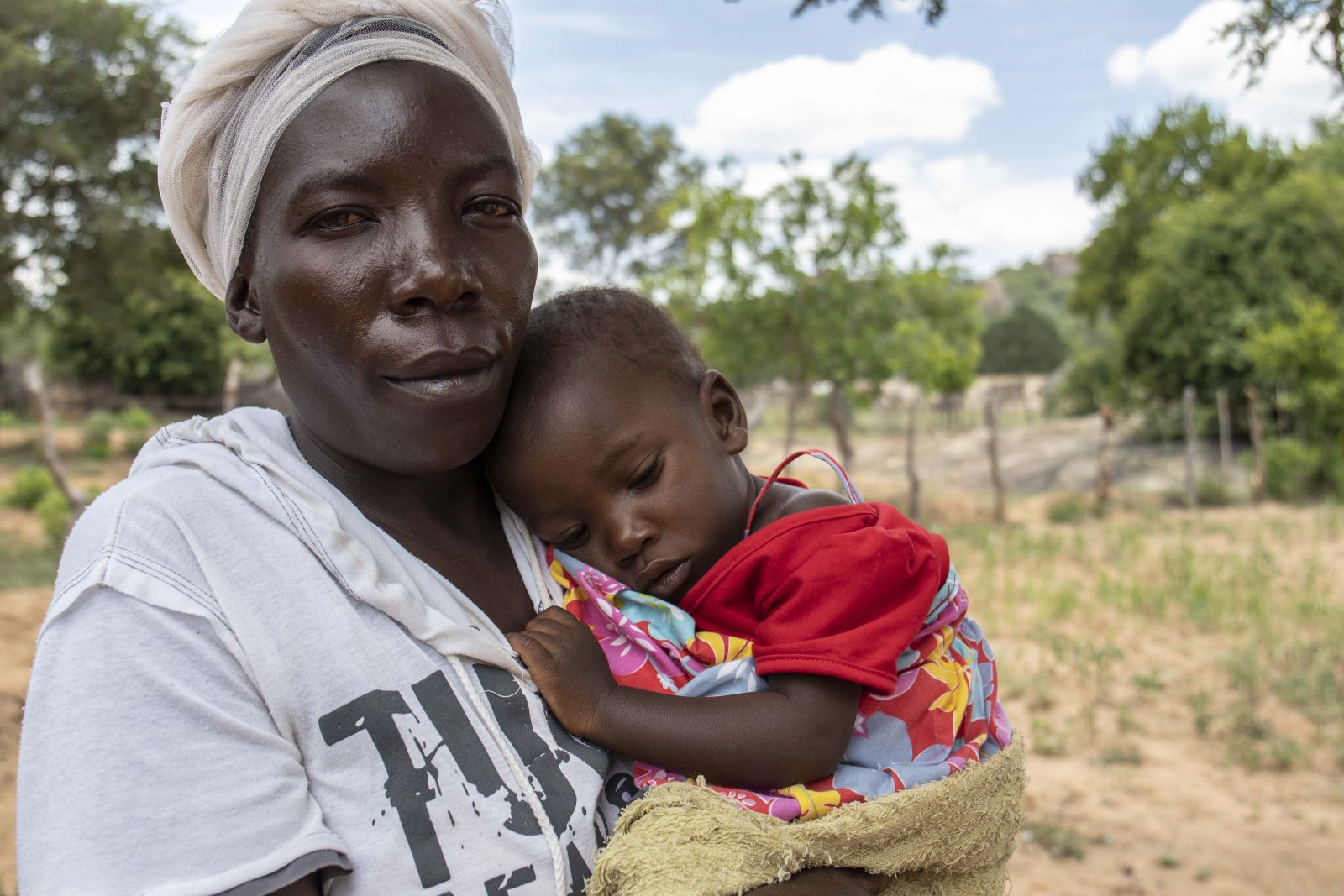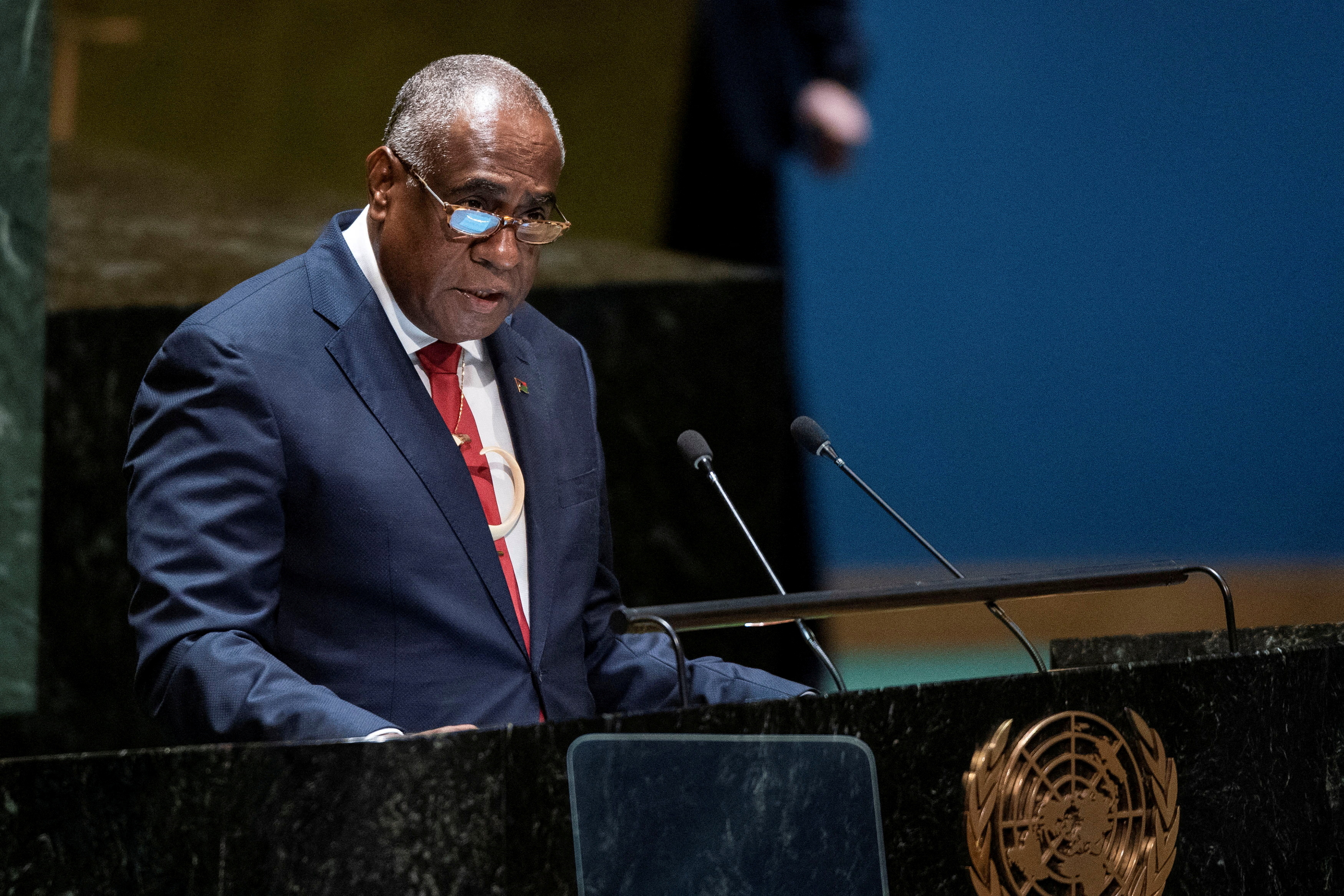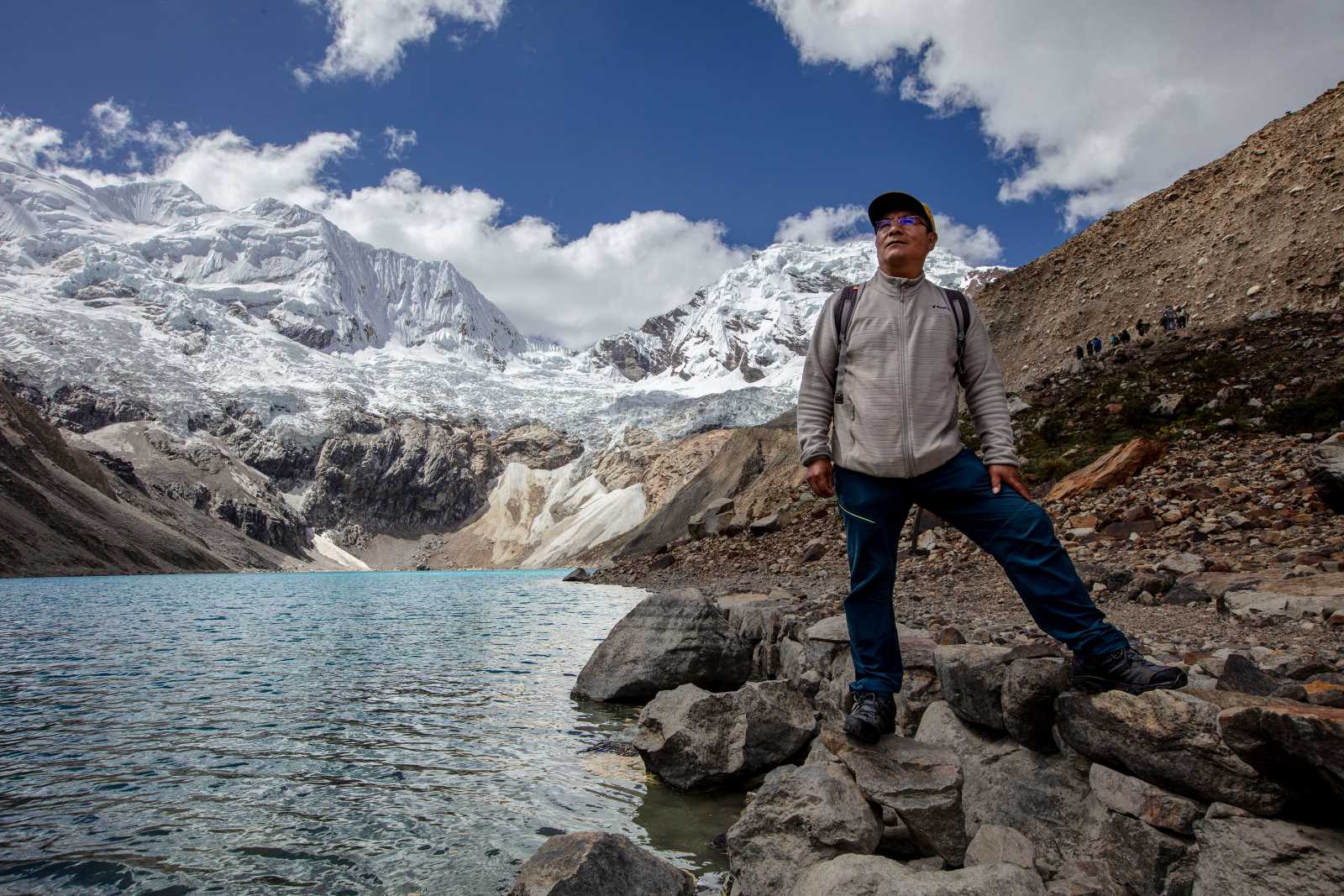Climate lawsuits
Legal battles for climate justice
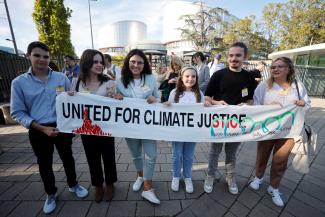
Litigation is gaining importance as an effective tool for climate action. According to the UN Environment Programme (UNEP), a total of 2180 climate-related cases were filed as of December 2022, compared to 884 cases in 2017. Although by far most of them have been brought in the US, climate litigation is picking up worldwide. Cases in the global south amount to 5.2 % of the total number, while international and regional cases represent 5.8 % (UNEP 2023).
This text deals with lawsuits filed against states in various countries. However, companies are being sued for climate-damaging behaviour too.
1. Young plaintiffs challenge European governments: It was one of last year’s most prominent court hearings: six Portuguese claimants aged from 11 to 24 challenged the inaction of 33 European governments on the climate crisis before the European Court of Human Rights (ECHR). According to the plaintiffs, this is a battle for their very right to life and family life, protected by Articles 2 and 8 of the European Convention on Human Rights.
The case is pending. It can be considered as one of the world’s largest climate legal actions where claimants argue that extreme weather events, rising temperatures and disrupted ecosystems threaten their safety and very existence. They claim that inadequate climate action endangers their future, jeopardising their right to life. As they face an uncertain future burdened by a heating planet, they state that their right to a stable and predictable family life is violated too.
The case has ignited public debate about intergenerational equity and the urgency of climate action. If the plaintiffs are proved right, European governments might have to implement stricter emission-reduction policies and invest in cleaner infrastructure. The ripple effects could be felt globally, inspiring similar legal action and strengthening the link between climate action and human rights.
2. Taking the German government to court: In Germany, young climate activists have already successfully challenged the government’s plans on climate action. They went before the country’s Federal Constitutional Court which made headlines in 2021 when it ruled that parts of Germany’s Federal Climate Protection Act were incompatible with basic human rights. The judges pointed out that the legislation failed to protect future generations from the impacts of global heating and that it did not distribute the carbon budget fairly between current and future generations. The German government had to react, and it did so by tightening up the Federal Climate Protection Act.
In 2022, however, the plaintiffs went on to sue the German government before the ECHR. They argue that the country’s climate policy remains inadequate.
3. Norwegian oil remains in the ground: Another example of a successful climate lawsuit comes from Norway, a major oil-producing nation. In January, the Oslo District Court invalidated three permits for new offshore oil and gas fields issued by the Norwegian government. The court ruled that the approval lacked sufficient environmental impact assessments. Greenpeace and Natur og Ungdom (Young Friends of the Earth Norway), a youth NGO, had taken the Norwegian government to court. The fields hold a combined 875 million barrels of oil equivalent.
The court emphasised that it is necessary to assess future emissions during the approval process to ensure transparency and democratic participation. Norway’s Energy Minister, Terje Aasland, said the government disagrees with the judgment and may appeal.
4. Court rules in favour of activists in Montana: On the other side of the Atlantic, 16 young activists from the American state of Montana filed a lawsuit against their state in 2020 demanding their right to a clean and healthy environment. In August 2023, a Montana state court ruled in favour of the plaintiffs, stating they had proven that as children and youth, they are disproportionately harmed by fossil fuel pollution and climate impacts.
The case revolved around a clause within the Montana Environmental Policy Act, which prohibits officials from considering climate impacts when deciding on new energy projects. The claimants highlighted the harmful effects of fossil fuels on Montana’s ecosystem and public health as well as the connection between fossil fuel extraction and a diminished future for Montana’s youth.
It was the first time a US court held the government responsible for breaching the constitution based on climate change. The ruling mandated Montana to consider climate change impacts before approving any new fossil fuel projects. The state is challenging the decision in the Montana Supreme Court, which in January refused to pause the state court’s ruling. Government officials are doubtful about the practical consequences of the ruling.
5. Kenyan communities want to hold government accountable: Another landmark legal battle, one of the first of its kind in Africa, is being fought in Kenya by a group of 66 local residents and Kituo Cha Sheria, an advocacy group. On behalf of their community, they seek compensation for the government’s alleged failure to develop policies and take necessary measures to respond to the climate crisis. The Environment and Lands Court in Kabarnet, Kenya, is deliberating whether the government can be held accountable for climate change-induced displacement and property loss suffered by residents in the Rift Valley.
The residents were displaced in 2020, when Lake Baringo, one of the country’s largest freshwater lakes, reached unprecedented heights and flooded crucial areas. They claim that the inundation exposed them to increased risk of water-borne diseases including malaria, cholera and typhoid as well as attacks by crocodiles and hippos.
The plaintiffs and their communities argue that the surge in water levels was caused by heightened rainfall and increased inflows from rivers as a result of global warming. This view is supported by a government task force that investigated the situation. It attributed the cause of the rising waters to climate change. In view of the claimants, the government either failed or refused to implement crucial adaptation strategies including early flood warning systems.
The court’s judgement will determine the government’s liability for climate-related damages. Even more importantly, it will also address the issue of compensating individuals adversely affected by environmental calamities. The case is expected to set a significant legal precedent in the intersection of climate change, government accountability and citizen compensation in Africa.
Link
UNEP, 2023: Global climate litigation report.
https://www.unep.org/resources/report/global-climate-litigation-report-2023-status-review
Roli Mahajan is a freelance journalist based in Lucknow in North India.
roli.mahajan@gmail.com

